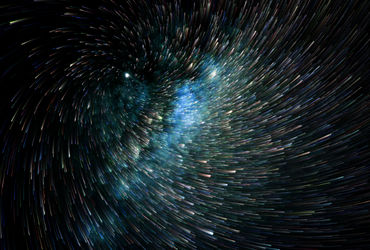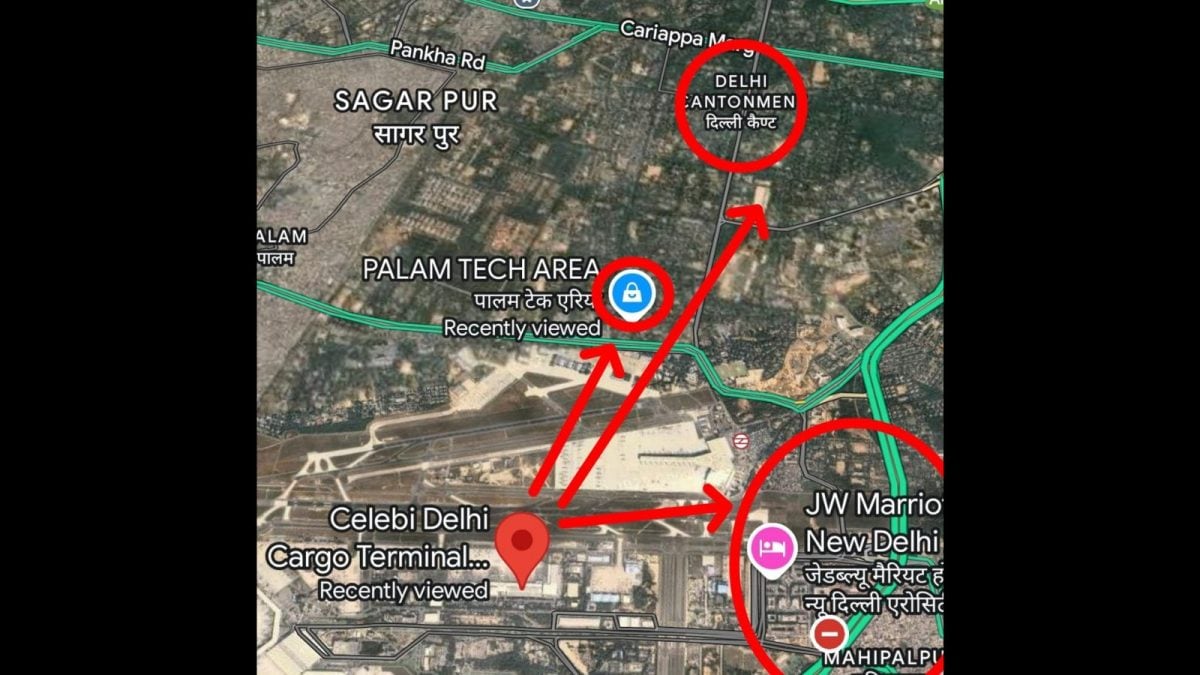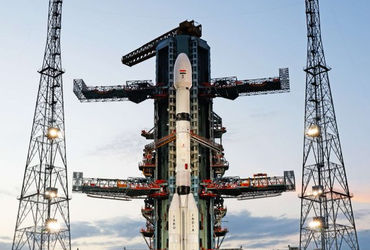Perseids Meteor Shower 2025 to dazzle skies in August
Image source: NASA websiteThe Perseids Meteor Shower, is all set to light up the night skies across India during its peak on the night of August 12–13. Known for producing bright meteors and fireballs, the Perseids are eagerly anticipated by astronomers and stargazers around the world.The Perseids are famed for their long-lasting trails, vivid colors, and the occasional fireball – a larger, brighter explosion caused by bigger fragments from the parent comet. These fireballs can sometimes be seen even in moderately lit urban areas.The Perseids will be visible throughout India, especially from rural or low-light areas. The Northern Hemisphere, including India, offers prime viewing conditions. For the best experience:Choose a dark, open spot away from city lightsLook toward the northeast, in the direction of the constellation PerseusStart watching from 10 pm onward, with peak activity in pre-dawn hoursAllow 20–30 minutes for your eyes to adjust to the darkThe meteors seen during the Perseids are not stars but tiny particles from Comet Swift-Tuttle burning up in Earth’s atmosphere creating fiery, colorful streaks in the night sky.With favorable weather and minimal moonlight expected this year, 2025’s Perseids could offer one of the clearest views in recent times.
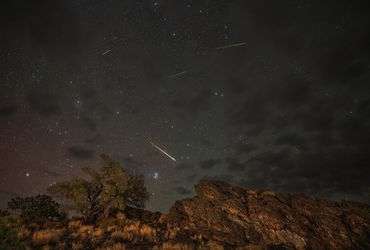
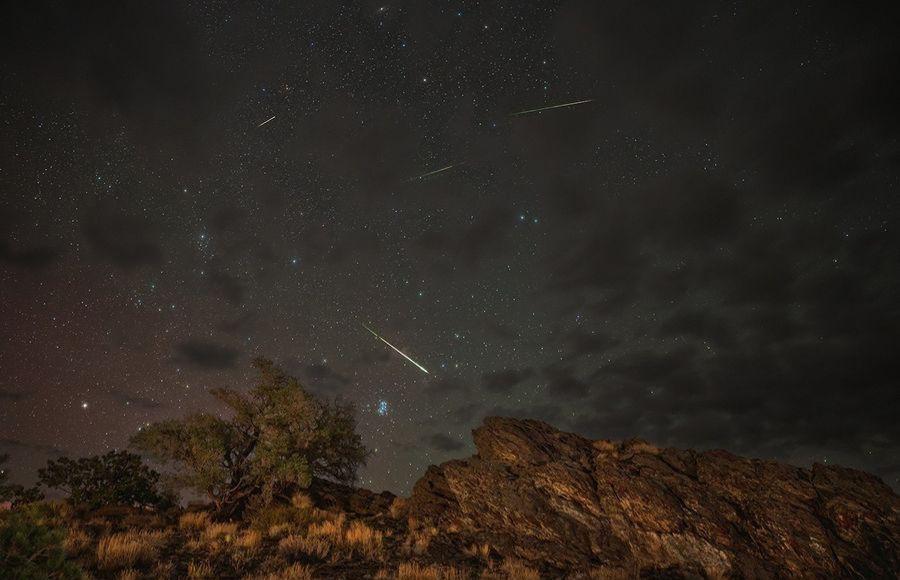 |
| Image source: NASA website |
The Perseids Meteor Shower, is all set to light up the night skies across India during its peak on the night of August 12–13. Known for producing bright meteors and fireballs, the Perseids are eagerly anticipated by astronomers and stargazers around the world.
The Perseids are famed for their long-lasting trails, vivid colors, and the occasional fireball – a larger, brighter explosion caused by bigger fragments from the parent comet. These fireballs can sometimes be seen even in moderately lit urban areas.
The Perseids will be visible throughout India, especially from rural or low-light areas. The Northern Hemisphere, including India, offers prime viewing conditions.
For the best experience:
Choose a dark, open spot away from city lights
Look toward the northeast, in the direction of the constellation Perseus
Start watching from 10 pm onward, with peak activity in pre-dawn hours
Allow 20–30 minutes for your eyes to adjust to the dark
The meteors seen during the Perseids are not stars but tiny particles from Comet Swift-Tuttle burning up in Earth’s atmosphere creating fiery, colorful streaks in the night sky.
With favorable weather and minimal moonlight expected this year, 2025’s Perseids could offer one of the clearest views in recent times.
What's Your Reaction?












